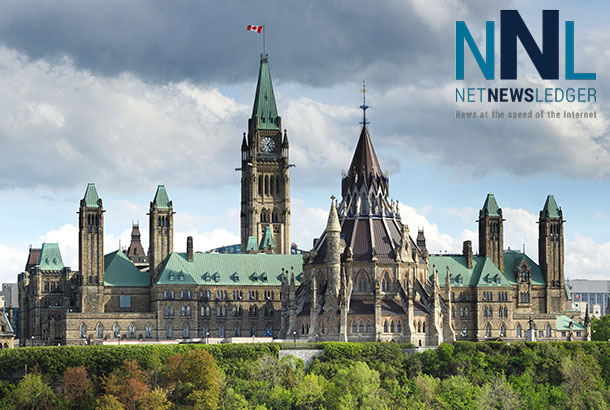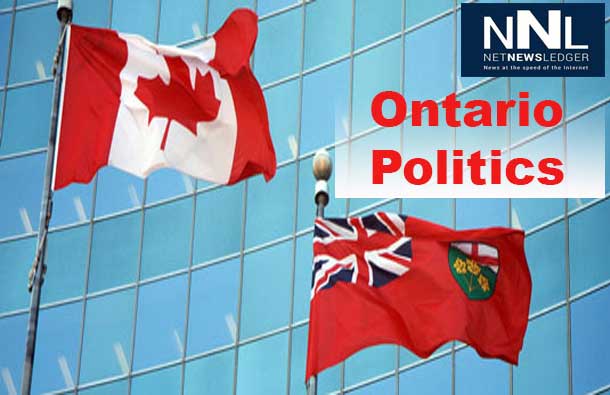 THUNDER BAY – POLITICS – Government is the single most pervasive institution of 21st century life. However, when it comes to its activities, I am often struck by the glaring policy inconsistency of what government in Canada does.
THUNDER BAY – POLITICS – Government is the single most pervasive institution of 21st century life. However, when it comes to its activities, I am often struck by the glaring policy inconsistency of what government in Canada does.
While government seems to offer its citizens a helping hand, it engages in what can only be termed predatory behaviour when it comes to generating revenue. Indeed, government derives substantial revenue benefits from people doing many of the very activities it says are bad for you. What is more alarming is that government often encourages these damaging behaviours.
On the one hand, government is worried about the health effects of alcohol and legislates tough drunk driving laws. On the other, provincial governments in Canada sell alcohol via provincial monopolies at a healthy markup. Liquor is advertised in glossy newspaper inserts that promote regional vintners and breweries and feature people getting together to drink and socialize. As well, governments derive revenues from the taxation of alcohol and economic development benefits from encouraging local wine and beer production industries.
The same goes for smoking. On the one hand, governments are extremely concerned about its health effects and enact laws that prohibit smoking in public places and regulations that govern the sale and advertising of tobacco products. On the other, governments raise revenue from fairly steep taxes on the consumption of cigarettes and other tobacco products. While such taxes supposedly discourage smoking, the addictive nature of the product helps explain why revenues are pretty steady.
Government policy is often concerned with poverty and low incomes in society and wants to offer the disadvantaged opportunities to do better. But at the same time government derives revenues from lotteries and gambling. Many studies show that lottery participation and gambling is greater among low-income groups and that they spend a higher proportion of their incomes on these activities than higher incomes. This makes lottery and casino revenues a regressive tax. And given that low income groups often already have poor health status, this higher propensity to gamble can have additional health costs as more gambling can lead to more gambling addition.
So what does all this government-sanctioned sin activity yield in Canada? Numbers from Statistics Canada (most recent are for 2009) show alcohol and tobacco taxes alone bring in over $8 billion annually to governments in Canada. Profits from liquor sales through government franchise bring in about another $5 billion. Gaming profits add another $7 billion. Add them together and they generate an annual take of over $20 billion – or about 4 per cent of total government revenue.
For example, in Ontario the 2014 budget projects tobacco taxes will bring in $1.3 billion, beer and wine taxes $572 million, the Lottery and Gaming Corporation $2.1 billion and the Liquor Control Board $1.8 billion for a total of nearly $6 billion – about 5 per cent of total revenue.
However, the Ontario budget also makes a point of highlighting the support from gaming revenues for provincial purposes such as the operation of hospitals, municipalities and amateur sports as well as dedicated funds for problem gambling prevention, treatment and research. Higher tobacco taxes are justified as part of an anti-smoking public health strategy rather than extolled as a contribution to the public coffers.

There is a fundamental inconsistency here that is generally avoided in Canadian public policy debate. Given government’s public welfare mandate, should government profit from activities that can also cause harm? In particular, should government benefit from promoting alcohol and gambling? If yes, should a legalized government drug monopoly be next?
Does it make sense for government to promote gambling at government-run casinos and VLTs while also spending resources on fighting gambling addiction? Does it make sense for government to promote the sale of liquor and also spend health resources on the aftermath of alcohol addiction?
These are tough questions. One can definitely argue that people are going to drink, smoke and gamble anyway so using these activities as a revenue source is a logical and convenient source of revenue.
Moreover, the revenues generated can be put towards the societal problems that would be there anyway. Yet, I am nagged by the one question: Is simply spending some of the government proceeds from liquor, tobacco and gambling on addiction research and health spending sound public policy or a salve for our collective conscience?
Livio Di Matteo
Livio Di Matteo is Professor of Economics at Lakehead University.
Troy Media












